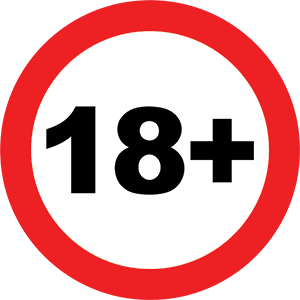
Tips To Make a Successful Rollover In Sports Betting
You've probably heard of rollovers but may need to learn how they work. In short, a rollover is when you roll your winnings from one bet into a new chance. For example, say you bet $10 on the Lakers to beat the spread. They win, and you now have $19. You can either take your winnings and bet them elsewhere or roll them over into a new bet on, say, the Heat game that night. You're right if this sounds like a great way to turn a small profit into a big one. But there's a catch—a big one. And that's why we're here today, to explain everything you need to know about rollovers so you can decide whether or not they're suitable for you.
How Rollovers Work
When you place a bet and it wins, the Sportsbook will put your account with the winnings. So, for example, if you bet $100 on the Cardinals at +150 and they win, there will be a credit of $250—$100 for your original stake plus $150 in winnings. You leave those winnings in your account and use them to place another bet. That bet also wins. Now you have $600 in your account—$250 from the first bet plus $350 from the second (your original stake of $100 plus $250 in winnings). But here's where things get interesting (or confusing, depending on how you look at it). The Sportsbook will only credit your account with the winnings from the second bet—in this case, $350. Consider your original stake of $100 into the double chance, so it doesn't count as winnings. That means you only have a profit of $250 for that second bet, even though you started with $600 in your account. Confusing, right? We told you there was a catch! Now that we've explained how rollovers work, let's take a closer look at why they exist and how Sportsbooks use them to their advantage.
The House Always Wins Eventually
Sportsbooks offer rollovers because they know that eventually—it might take one bet or it might take 100—the house will always come out on top. Take our example above: if you keep betting and rolling over your winnings, eventually, you'll lose a bet (it's inevitable). When that happens, your previous winnings will be gone because they became subsequent bets. So the only money left in your account will be your original stake, which means the Sportsbook has effectively won all your money back and more! Pretty sneaky, huh?
Avoiding Predatory Rollovers
Now that we've explained how rollovers work and why Sportsbooks offer them, it should be clear why they're not necessarily in your best interest as a gambler. However, that doesn't mean there's no such thing as a good rollover; it just means that good ones are few and far between. So here are a few tips for avoiding predatory rollovers:
- Read the fine print: Before betting, ensure you understand the rollover requirements for that particular Sportsbook. Are the requirements reasonable? Is there an upper limit on how much to roll over?
- Shop around: Go with something other than the first Sportsbook you find; take some time to compare different ones and see which offers the best terms for customers.
- Know when to walk away: If something sounds good, it probably is. Suppose a Sportsbook offers an unbelievable bonus with seemingly impossible-to-meet rollover requirements. It's likely a trap to funnel money back into their pockets. Walk away and find somewhere else to place your bets.
Closing Thoughts
Rollovers are an important part of the sports betting world, and understanding how they work is essential to becoming a successful gambler. You can protect yourself from predatory rollovers and maximize your profits by reading the fine print, shopping for the best deals, and knowing when to leave a lousy offer.










